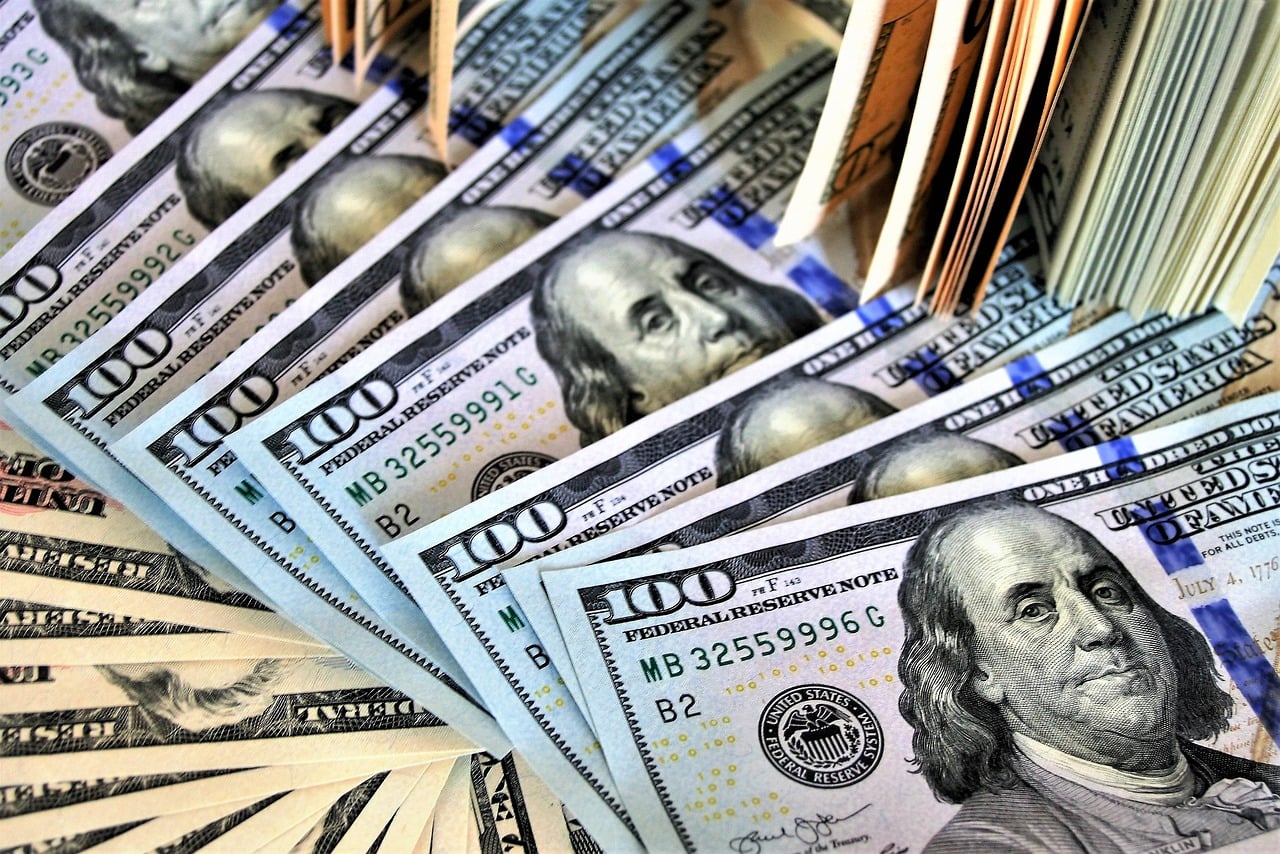The value of the Pakistani rupee has increased in value against the dollar more than it has in the past 10 years. The Pakistani rupee vs dollar closed at 124 to one, the highest PKR vs USD rate since October 2008. The three percent increase in the value of the rupee comes after a downward trend that saw the PKR devalue four times since December. Some sources have claimed the rupee increased up to 5.4%.
What Caused the Rupee vs Dollar Jump?
Over the weekend, the Karachi based Express Tribune reported that Beijing has authorized a $2 billion loan to Pakistan to help build its foreign exchange reserves. The Express Tribune also reported a three year $4.5 billion oil financing project authorized by the Islamic Development Bank. Although the article only cited anonymous sources from within the Finance Ministry, the effects of the news were still seen in the PKR vs USD exchange rate.
The rupee vs dollar surge comes after the rupee was devalued four times so far this year, leading to a 20% plummet in value.
Mohammed Sohail, CEO of Topline Securities Ltd., a Karachi-based brokerage firm, said on Monday, “Recent news flow regarding loan from China of $2 billion and possible assistance from Saudi Arabia is helping FX market sentiments, we believe.”
Post Election Impact on PKR vs USD
Imran Khan’s Pakistan Tehreek-e-Insaf (PTI) party won the most seats in last week’s Pakistan elections. However, with 115 seats out of 269, centrist PTI did not emerge with the needed majority. It is not yet clear whether Khan will be able to form a government or which party he will seek out as an ally. PTI party officials say they are in negotiations with independents and one other political party to form a government.
Some financial experts believe the recent election may have also buoyed the rupee. Intermarket Securities, a Karachi-based brokerage firm, published a report in which they claim the positive sentiment across the country following the announcement of the official election results was beneficial for the market. Fawad Khan, head of research at BMA Capital said, “The market needs political stability, and that’s what it sees right now.”
However, with allegations of election fraud and military interference spreading across the country, the question remains whether this positive sentiment will last. “Short-term flows aside, it is difficult to see the (rupee) sustaining its pullback for long,” Intermarket Securities explained.
Imran Khan’s Victory Speech and the Rupee vs Dollar Surge
Khan’s victory speech is also believed to be responsible for the PKR vs USD jump. In his speech, Khan promised to promote business development and make it easier to do business in Pakistan. He also indicated his hope of improving relations with India and strengthening economic development with China.
He said:
“We need to make an atmosphere for doing business.
“I think our greatest asset is our overseas Pakistanis … we will fix governance and invite them to invest here.
“Our second problem is unemployment. We have the second youngest population in the world … they need jobs.
“Where Pakistan is standing right now, I am telling you that we will run Pakistan like it has never been run before … and we will start with ourselves.”
Despite this week’s rupee vs dollar jump, the financial situation in Pakistan is hardly ideal. The central bank has increased interest rates, while foreign currency reserves are depleted. In the past fiscal year, the current-account gap has increased by 43%. Although the PKR vs USD increase have lifted spirits, many financial experts believe an impending financial crisis may be unavoidable.
Khan addressed this issue in his victory speech saying, “The biggest challenge we are facing is the economic crisis … we have never had such a huge fiscal deficit. All of this is because our economy is going down because of dysfunctional institutions.”
He went on to say:
“We have to escape this economic crisis. No one is coming to save us.
We will strengthen the anti-corruption institutions … and hopefully, our farmers, the whole government will work to make sure the farmers make money somehow.
We will help small businesses. We will bring in new things to bring in employment for young people.”
Should the former cricket star become Pakistan’s next prime minister, he will have to soon address the looming financial crisis in the South Asian country. Bloomberg reports many experts believe a bailout from the International Monetary Fund (IMF) or China is inevitable at this point. Local media reports indicate the IMF bailout is expected to be worth around $10 billion.
One PTI leader, Arif Alvi, told Bloomberg on Monday that Khan has not reached out to the IMF, but “all options are on the table.”




